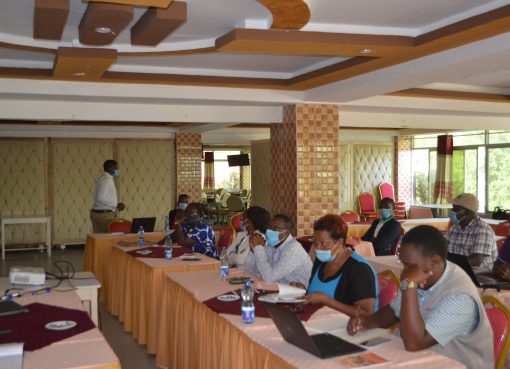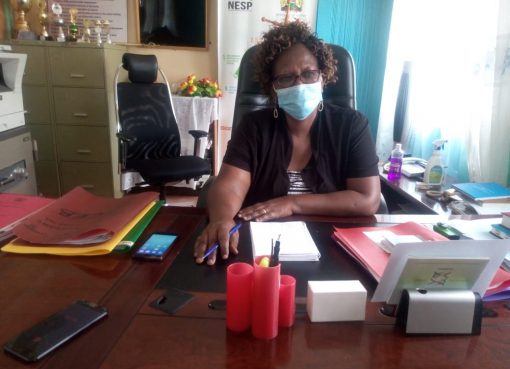Labour Cabinet Secretary (CS) Ukur Yatani has moved to avert the looming teachers strike by forming a conciliation committee to look into the issues raised by Kenya National Union of teachers (KNUT).

Yattani formed the seven member committee that will meet KNUT and the Teachers Service Commission (TSC) officials in the next three days in a move to stop the planned strike slated to start on January 2, 2019.
In a statement to newsrooms Yattani said, “In line with provisions of section 70 (2) of the labour relations act 2007, I on the 20th of December 2018 appointed a conciliation committee headed by an employee relations expert Charles Maranga to assist the parties mediate and amicably resolve the impasse and file a report to me within 30 days.”
Yattani said the committee comprises of leading labour social partner like the Federation of Kenya Employers (FKE) and the Central Organization of Trade Unions (COTU). The members include Moses Ombok, Isaiah Kubai, Linus Kariuki, Albert Njeru, Robert Muthanga and Benson Okwaro.
According to Yatani, the committee wrote to the parties requesting for submission of their respective written memoranda with timeline of receipt of the same by December 28, 2018.

“The conciliation committee met today and agreed on a schedule of activities where on 29th December 2018 they will visit the KNUT headquarters and meet with the executive committee to get further clarification on details of issues in contention,” explained the CS.
He added that the committee will then on Monday 31st December 2018 visit TSC headquarters and meet to clarify issues in contention and which have led to the strike notice by KNUT.
Yatani said the committee has planned a joint conciliation meeting on Monday 31st December 2018 to be held at ministry of Labour headquarters to deliberate on the issues in contention which include teachers’ promotions, delocalization and transfers, performance contracting system and teachers professional development modules.
He called upon all the parties in the dispute to give the reconciliation process a chance to resolve the differences noting the critical timing and weight of public interest on the matter at hand.
By Joseph Ng’ang’a





